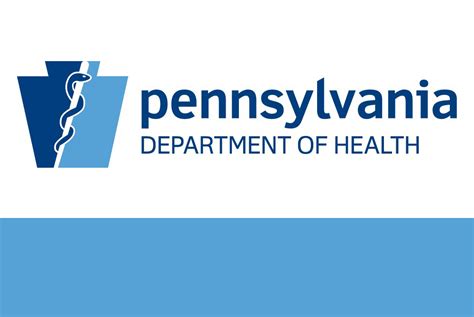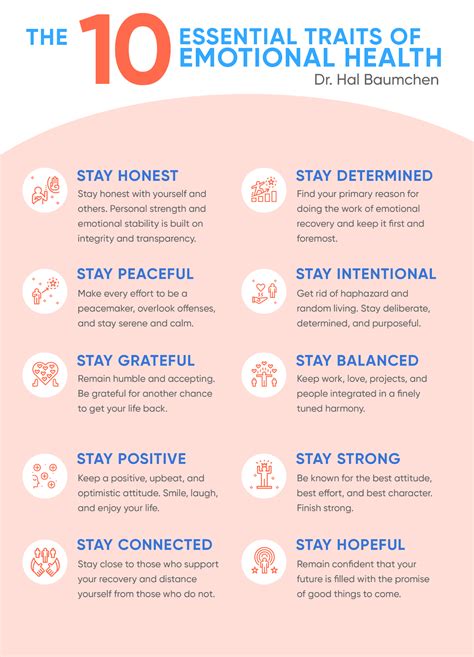5 Ways Energy Access Improves Health
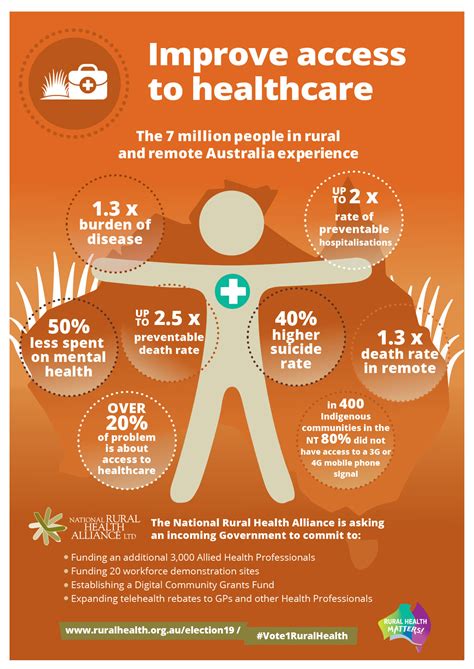
Introduction to Energy Access and Health
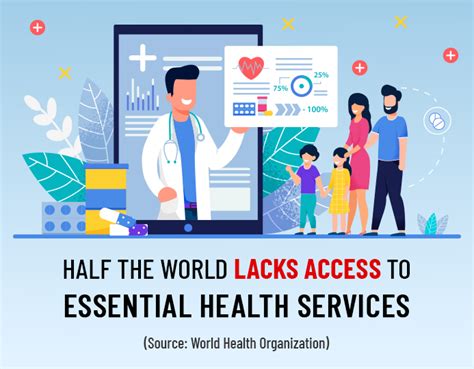
The importance of energy access in improving health outcomes cannot be overstated. Around the world, millions of people lack access to reliable and clean energy sources, which significantly hampers their ability to maintain good health. Energy access is crucial for powering medical equipment, refrigerating medicines, and providing lighting for healthcare facilities, among other uses. In this blog post, we will explore the various ways in which energy access contributes to better health outcomes.
1. Reliable Healthcare Services

Energy access is critical for the proper functioning of healthcare facilities. With reliable energy, hospitals and clinics can power life-saving equipment such as ventilators, incubators, and diagnostic machines. This ensures that patients receive timely and appropriate medical care, which is essential for preventing deaths and reducing morbidity. Furthermore, energy access enables healthcare facilities to store vaccines and medicines at the correct temperatures, which helps to prevent spoilage and maintain their effectiveness.
2. Improved Water and Sanitation

Access to energy can also improve water and sanitation services, which are essential for preventing the spread of diseases. Energy can be used to power water treatment plants, ensuring that communities have access to clean and safe drinking water. Additionally, energy can be used to operate sewage systems and waste management facilities, which helps to prevent the contamination of water sources and reduce the risk of water-borne diseases.
3. Increased Food Security
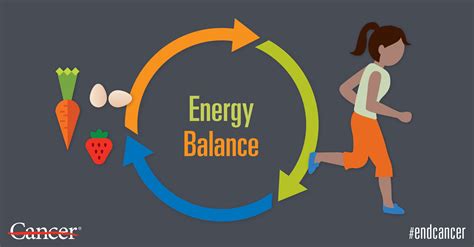
Energy access can also contribute to increased food security, which is critical for maintaining good health. With energy, farmers can power irrigation systems, reducing their reliance on rainfall and increasing crop yields. Energy can also be used to power refrigeration systems, enabling farmers to store their produce for longer periods and reducing food waste. Furthermore, energy access can enable communities to power cooking facilities, reducing the need for traditional cooking methods that can be hazardous to health.
4. Reduced Air Pollution
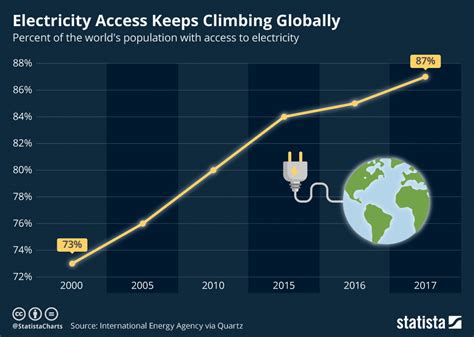
Traditional energy sources such as wood and charcoal can produce harmful air pollutants, which can exacerbate respiratory diseases such as asthma and chronic obstructive pulmonary disease (COPD). Energy access can help reduce air pollution by providing cleaner energy alternatives such as solar, wind, and hydroelectric power. These energy sources produce little to no air pollutants, reducing the risk of respiratory diseases and improving overall health outcomes.
5. Enhanced Economic Opportunities
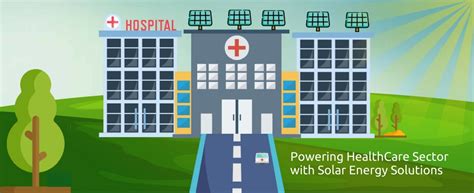
Finally, energy access can enhance economic opportunities, which is critical for improving health outcomes. With energy, businesses can operate for longer hours, increasing productivity and revenue. Energy access can also enable communities to power communication devices, such as phones and computers, which can facilitate access to information and markets. Furthermore, energy access can create new job opportunities in the energy sector, reducing poverty and improving living standards.
💡 Note: Energy access is a critical component of healthcare systems, and its importance cannot be overstated. By providing reliable and clean energy sources, we can improve health outcomes, reduce morbidity and mortality, and enhance economic opportunities.
In summary, energy access plays a critical role in improving health outcomes. By providing reliable healthcare services, improving water and sanitation, increasing food security, reducing air pollution, and enhancing economic opportunities, energy access can help reduce morbidity and mortality, and improve overall health outcomes. As we move forward, it is essential that we prioritize energy access and work towards providing reliable and clean energy sources to communities around the world.
What are the main benefits of energy access for healthcare facilities?

+
The main benefits of energy access for healthcare facilities include the ability to power life-saving equipment, store vaccines and medicines at the correct temperatures, and provide lighting for healthcare facilities.
How does energy access contribute to improved water and sanitation services?
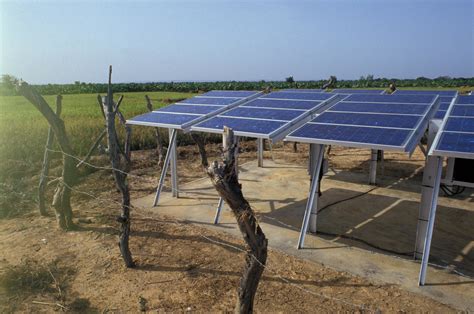
+
Energy access can contribute to improved water and sanitation services by powering water treatment plants, operating sewage systems, and managing waste management facilities.
What are the economic benefits of energy access?
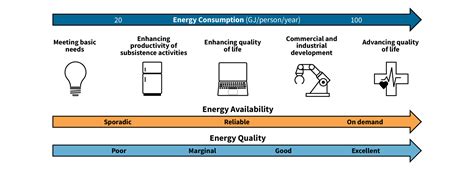
+
The economic benefits of energy access include increased productivity, revenue, and job opportunities, as well as improved access to information and markets.
Related Terms:
- energy access improved health
- importance of electricity in health
- health and energy
- importance of energy and health
- nursing access to electricity
- health care and energy
